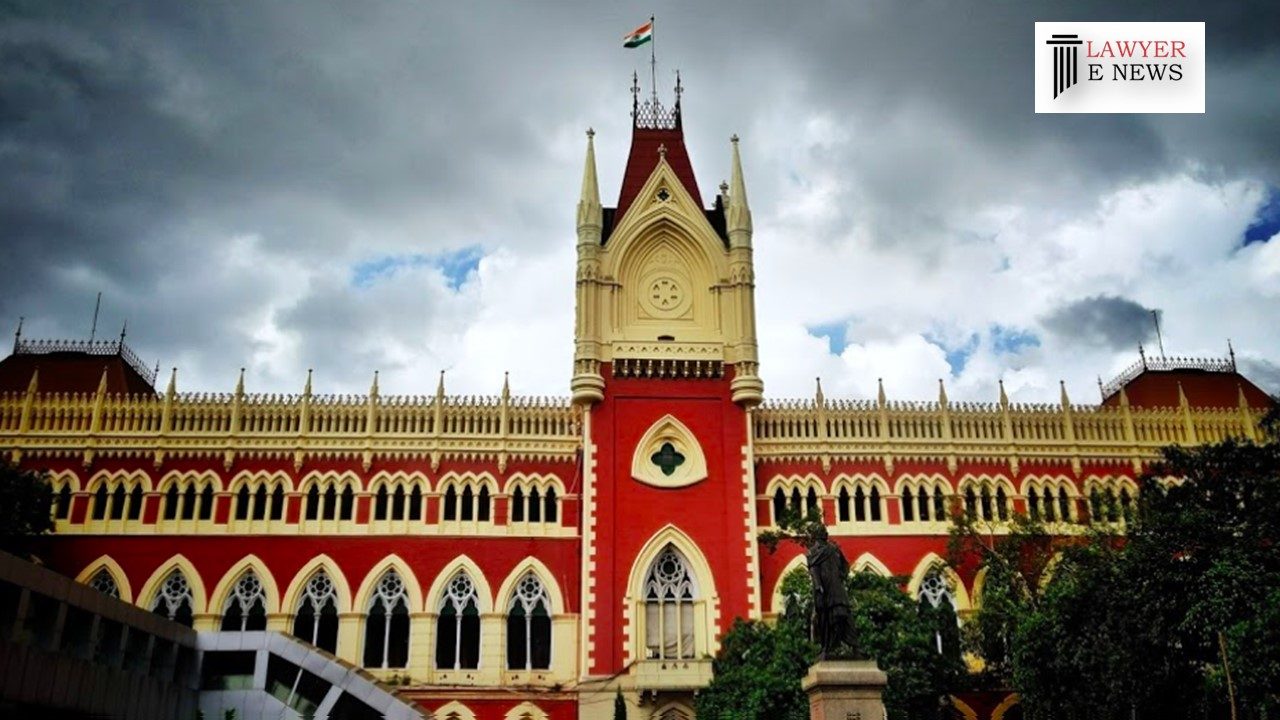-
by Admin
15 February 2026 5:35 AM



In a significant judgment, the High Court of Judicature at Calcutta has dismissed a public interest litigation (PIL) filed by the citizen action group, People United for Better Living in Calcutta (PUBLIC), which sought to halt the construction of a Metro Rail station near the Maidan area adjoining Victoria Memorial. The court emphasized the need to balance public infrastructure development with ecological preservation.
The PIL, WPA (P)/569/2023, filed under constitutional writ jurisdiction, challenged the proposed construction of a metro station that would necessitate the uprooting of approximately 700 trees. The petitioners argued that this would cause severe ecological damage and sought a review of the project by independent experts, proposing alternative solutions to mitigate environmental impact.
Credibility of Permissions and Regulatory Compliance
The bench, comprising Chief Justice T.S. Sivagnanam and Justice Hiranmay Bhattacharyya, scrutinized the project’s compliance with environmental regulations. The court noted that the requisite permissions for tree transplantation and felling had been duly obtained from relevant authorities, including the Ministry of Defence and the Department of Forest, Government of West Bengal.
“The permissions obtained by Rail Vikas Nigam Limited (RVNL) for transplantation and felling of trees cannot be stated to be either arbitrary or unreasonable, as they are subject to stringent conditions,” the court stated in its judgment.
Balancing Development and Environmental Protection
The court extensively referenced judicial precedents that underscore the necessity of balancing developmental needs with environmental conservation. Citing the Supreme Court’s rulings in T.N. Godavarman Thirumulpad v. Union of India and SLP © No. 25047 of 2018, the bench reiterated that while ecological preservation is crucial, infrastructure projects serving significant public interest should not be unduly hindered.
“In matters of public infrastructure, it is imperative to strike a delicate balance between development and ecological preservation. The court must ensure that the parameters adopted are prima facie safe and sound and serve the purpose sought to be achieved,” the bench observed.
The court found that the petitioners’ arguments were primarily based on newspaper reports and lacked substantial evidence. The detailed submissions by RVNL demonstrated compliance with environmental laws and justified the necessity of the project for public benefit.
“The project has been substantially modified to minimize environmental impact, shifting from elevated to underground construction. This change underscores the project’s commitment to preserving the Maidan area’s ecology and skyline,” the judgment noted.
Chief Justice T.S. Sivagnanam remarked, “The alignment and methodology of the Metro Rail construction have been meticulously planned to maintain the Maidan area’s ecological balance. The court must not entertain speculative objections that could undermine significant public infrastructure projects.”
ConclusionThe High Court’s dismissal of the PIL affirms the importance of balancing ecological preservation with public infrastructure development. By allowing the Metro Rail project to proceed, the judgment highlights the judiciary’s role in ensuring sustainable development that meets both environmental and public needs.
Date of Decision: 20.06.2024
People United for Better Living in Calcutta (Public) v. State of West Bengal and Others
